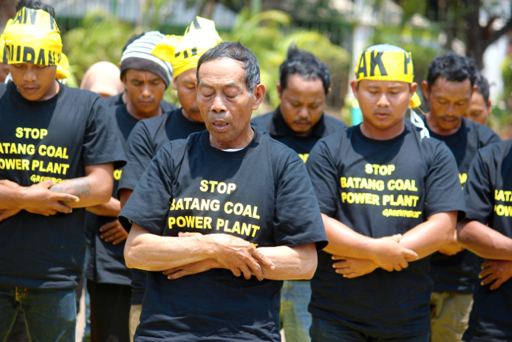Indonesia’s marine ministry has approved one of Java’s largest coal plants to use vast amounts of seawater for cooling, prompting concerns from marine experts over the impact of heated discharge on coastal ecosystems and fisheries. The Ministry of Marine Affairs and Fisheries on July 22 issued a permit for the utilization of seawater for non-energy purposes (ALSE) to PT Bhimasena Power Indonesia (BPI), the operator of the Batang coal-fired power plant in Central Java. The permit makes the Batang facility the first power plant in Java and the second in Indonesia to be legally authorized to manage seawater for industrial activities, the ministry said in a statement. The ministry said the Batang plant utilized approximately 3 billion cubic meters (106 billion cubic feet) of seawater annually, primarily for cooling purposes, and such large-scale seawater use requires accountable management in accordance with government regulations. The ALSE permit regulates the use of seawater for non-energy industrial purposes, such as cooling, potable water production or other uses, according to the ministry. “This effort also supports transparency and accountability in sustainable marine industries,” Frista Yorhanita, the ministry’s director of marine resources, said in the statement. Unfavorable coastal conditions in Batang, Central Java, have made it increasingly difficult for fishers to operate. Image by Wulan Yanuarwati/Mongabay Indonesia. The Batang thermal coal plant began full operations in 2022 with a 2,000-megawatt capacity. As one of Java’s main power sources, it was built to boost Indonesia’s energy supply and support local economic growth. However, instead of improving…This article was originally published on Mongabay
From Conservation news via this RSS feed


